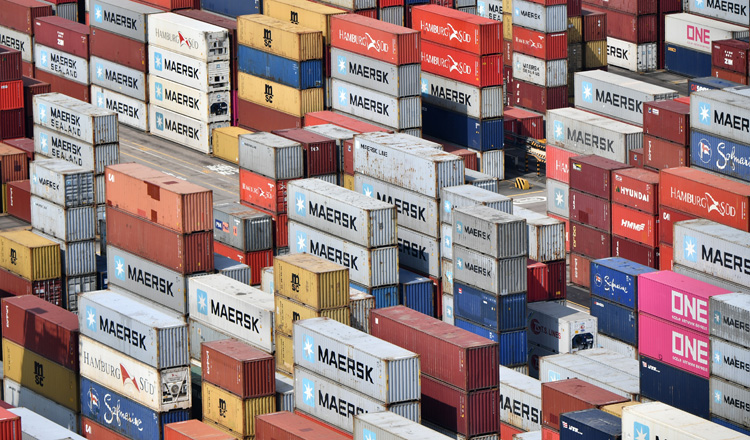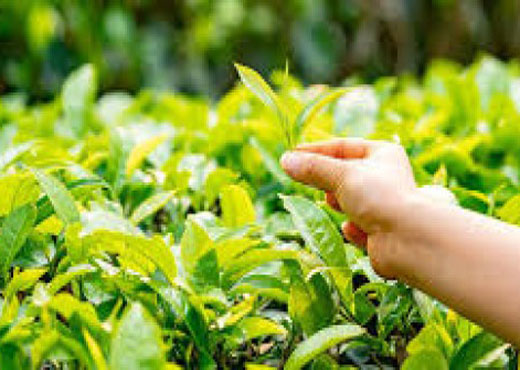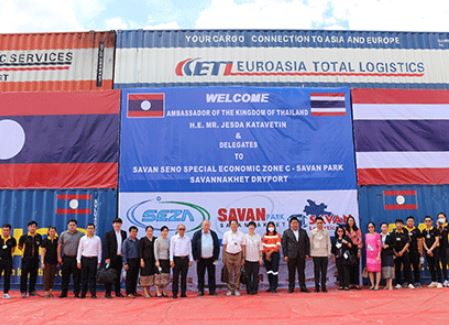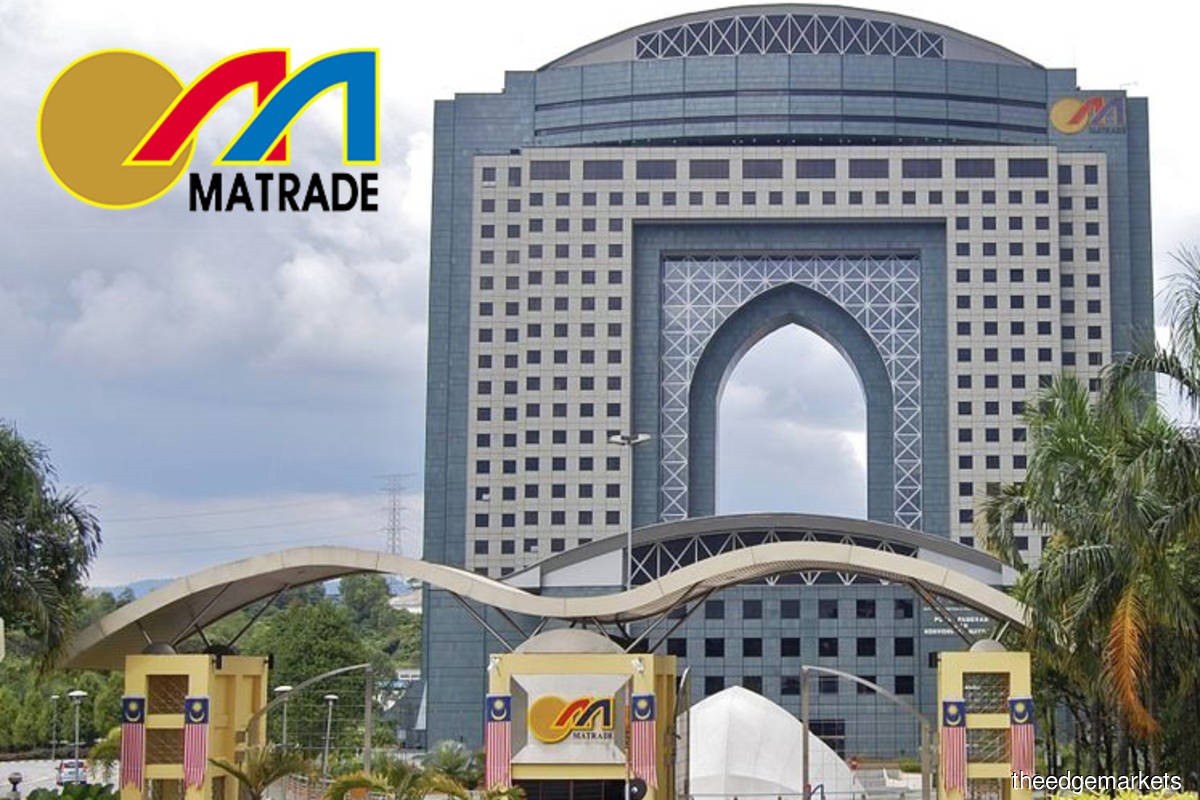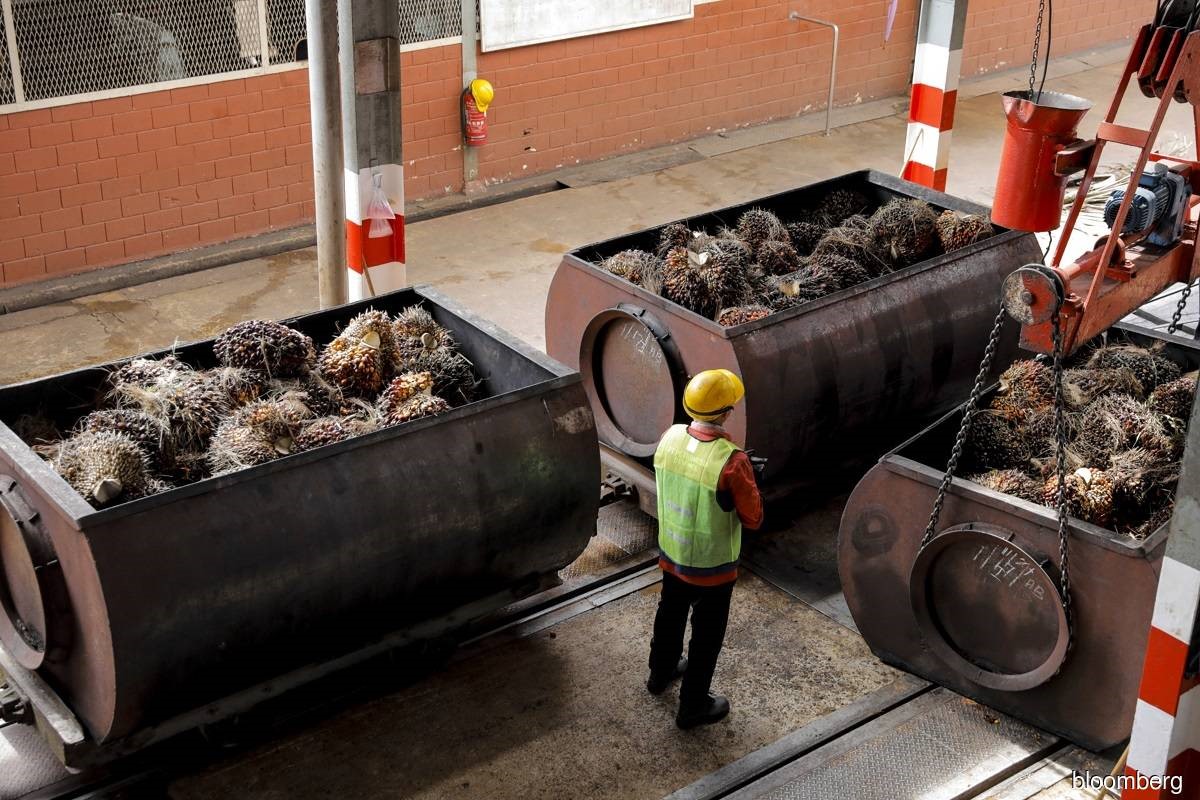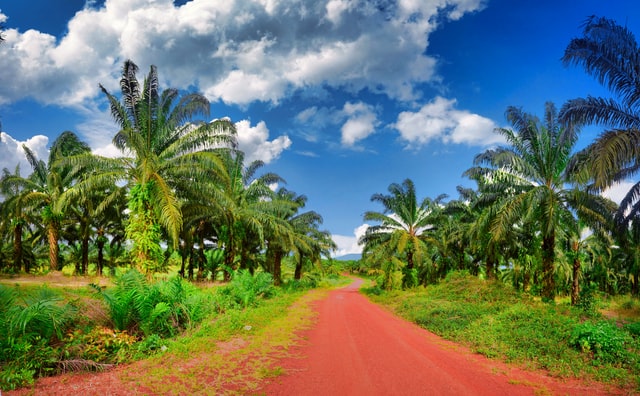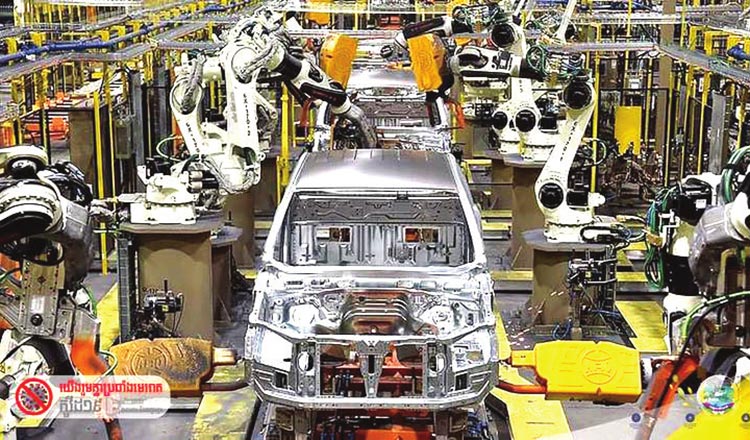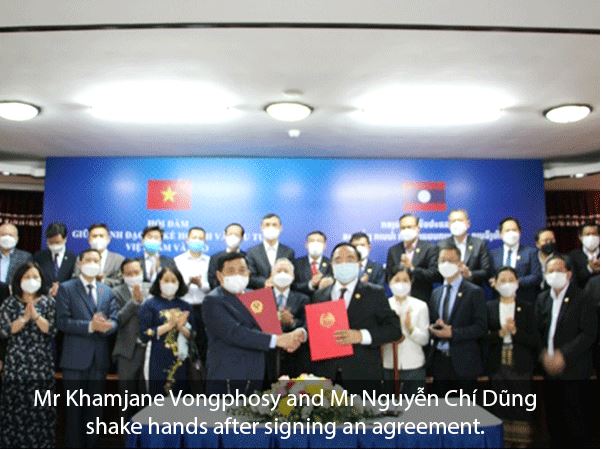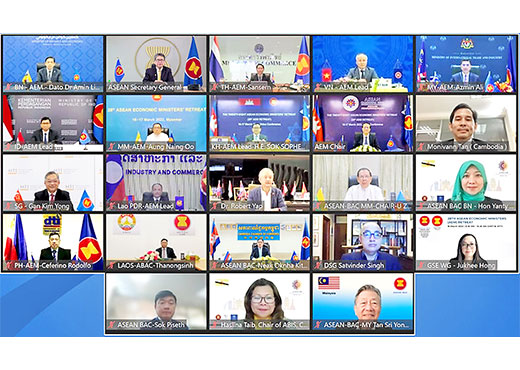Technology is the backbone of most companies’ strategic vision to address customers, markets, and industry demands. However, evaluating, selecting and then deploying a new business application across an organization’s operations can seem like a daunting task. And, while software technologies are increasingly important to an organization’s growth, their successful deployment and internal adoption can also invite expensive failure. Therefore, whether launching a new software technology across operations or migrating from one to another, having a precise evaluation and selection process in place drives operational effectiveness. It also reinforces transparency and fluidity throughout the organization.
In fact, employing a thorough evaluation mapping process is one of the most powerful tools that an organization has at its disposal. Failed technology initiatives are tied to an enormous loss of resources –namely lost time and money. Without an established evaluation and selection process, organizations run the risk of confusion, delays and conflicts within their teams’ operations. So, before rushing to deploy a new technology, businesses should take these important, but oftentimes, overlooked five best practices into consideration:
1. Establish Required Features and Resources
The most important factor is to have a well-defined process plan that identifies software requirements. This will create a clearer picture of user stories, integration points, and automation needs that may be lacking. Defining existing pain points within current processes is as significant as defining the new requirements and a desired process plan of the proposed business application solution.
Clearly outlining required features and identifying key resources helps determine and prevent any pitfalls that could stall a deployment. Moreover, in identifying key resources, it is vital to keep the lines of communication open with key stakeholders and assign responsibilities to all participants in the early stages of the project. It is critical to create a “single team” mindset, establishing requirements based on the needs of departments, staff and executives.
It is also important to consider the intricacies of deployment, looking at on-premise vs. in the cloud, assessing how many locations and how many users as well as permission levels. By doing so, it will ensure that the initiative will meet everyone’s expectations. Points to consider: Do you have an internal and vendor agreement with the timeline and project plan structure? What is your current system missing that you wish it could do? Would a new technology improve some aspect of your operation?
2. Understand Customer Needs
Another key factor to take into account is how this newly deployed business application will serve your customers. Conducting an audit of the existing system will reveal how customers are currently being served as well as uncover gaps. This assessment is an essential component in determining how to move forward. Increasingly, organizations are relying on technologies that balance consistency and flexibility to further extract speed-to-market benefits. In an age when customers expect exactly what they want when they want it, forward-thinking organizations need to consider a 360-degree approach to fully realize the true value of any technology investment.
By fully understanding the customer, primary speed-to-market goals will be incorporated that can be realized from day one. Points to consider: Who is using it? Is it working well? Where are the service gaps? Does the staff have the right skills and knowledge to support it? How quickly or slowly can you implement this software? How well does it adapt to new market requirements? What are the expectations with future enhancements or upgrades from the applications provider?
3. Mind The Budget
In order to create budgetary parameters, organizations must closely examine the cost/benefit analysis and corporate ROI thresholds ahead of starting the project. By utilizing a modeling technique, organizations will be able to estimate project effort, development hours, staff size, risk propensity, hardware requirements, and more. Another aspect to examine is the necessary staff hours needed to maintain the projected timeline. If not considered, sufficient resources will not be allocated, which could result in unmet deadlines as well as additional expense.
Further, an important area to review is any upfront and hidden costs as well as ongoing investment expenses (maintenance, operating expenses, upgrade costs, extra features, support staff, etc.). It is necessary to project these costs for the next three to five years in operational budget plans. Points to consider: If replacing a legacy system, what are the associated costs? What are the cost implications to add or remove users, resources, functions or features? Is there flexibility to get a better rate for longer-term contracts? How will this deployment impact my budget today and over the course of the next three-to-five years?
4. Incorporate Security at Every Level
A new business application deployment should not compromise any security best practice; instead, it should seamlessly work with and comply with existing security standards. Robust security becomes even more critical during a deployment period. The software provider should assess the amount of security and compliance the organization requires. The implementation of vital security tools such as multifactor authentication can strengthen security against potential cyber threats. Hence, it is important to establish who can access data as well as have the ability to adjust and revoke permissions levels, as needed.
Points to consider: Is the software provider aligned with your security strategy? Does it integrate well with your existing security standards? Does the software offer ongoing support and fixes? How frequently is data backed up? What does disaster recovery look like? What security assurances are provided by the software vendor and for how long?
5. Set the Integration Parameters
Lastly, you need to fully recognize what level of integration is required during implementation by reviewing the current technology stack and identifying its associated benefits, challenges and costs. Depending on the level of integration, it might require additional hours to get all systems fully operable. Furthermore, the true success of a new or upgraded technology deployment into an organization is not achieved without understanding the overall operational benefits of the new system. Therefore, before going live, it is imperative to load test and closely examine how the business application solution behaves against your original requirements as well as typical daily scenarios and business processes.
By closely scrutinizing the capabilities of the new system against the original requirements, businesses will be well-positioned to determine its current and future effectiveness. Points to consider: Does this solution integrate into your existing system given the organizational and customer pain points? How easily will the software integrate with your corporate application architecture? Is there anything additional needed to integrate smoothly across the organization? In closing, undertaking a business application roll-out is no small task. However, having a carefully vetted evaluation plan in place will ensure a smooth execution.
By employing these recommended best practices, organizations will be on the right track towards a successful deployment that will enable improved efficiencies, increased team productivity levels as well as optimized business operations. As a result, the entire organization will be able to address not only current market demands but anticipate future ones.

